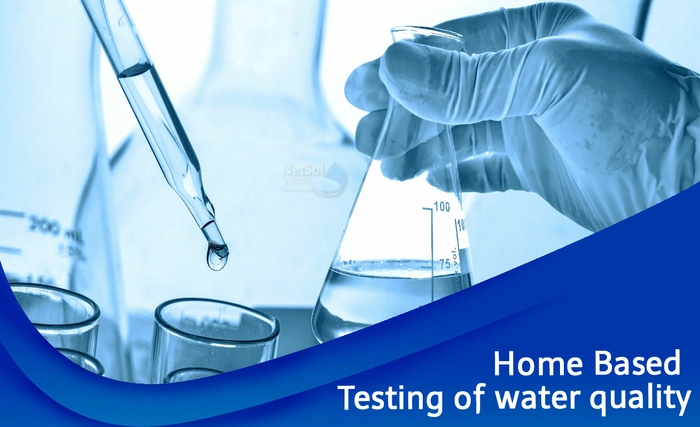Anjo Aqua Water Purifier Showroom in kumbakonam.
When you Choosing the best water purifier, when it involves not only considering the effectiveness of the purification technology but also the quality of after-sales, service and support provided by the manufacturer or service provider and also you considering below factors and various types of filters.
When u Choosing the best water purifier depends on several factors including the quality of water in our area like Kumbakonam, your specific purification needs, budget, Services and convenience.
Here are a few considerations for both aspects:
When choosing a water purifier, consider the following factors:
Water Quality: Test your water to identify contaminants and choose a purifier that targets those specific issues.
Capacity: Ensure the purifier can handle your daily water consumption needs.
Maintenance: Factor in filter replacement costs and ease of maintenance.
Energy Consumption: Consider the energy requirements if opting for electric purifiers like RO systems.
Cost: Balance your budget with the long-term benefits and maintenance costs.
Types of water purifier and their features:
Reverse Osmosis (RO) Purifiers:
Process: RO purifiers use a semipermeable membrane to remove ions, molecules, and larger particles from drinking water.
Effective for: Removing dissolved salts, heavy metals, and other impurities.
Considerations: Requires electricity and regular maintenance of filters. May also waste some water during the purification process.
UV (Ultraviolet) Purifiers:
Process: UV purifiers use ultraviolet light to kill bacteria, viruses, and other microorganisms by disrupting their DNA.
Effective for: Disinfecting water and removing biological contaminants.
Considerations: Works best with clear water and doesn't remove dissolved solids or chemicals.
Activated Carbon Purifiers:
Process: These purifiers use activated carbon to adsorb impurities and contaminants.
Effective for: Removing chlorine, volatile organic compounds (VOCs), and improving taste and odor.
Considerations: Doesn’t remove dissolved minerals or salts.
Gravity-Based Purifiers:
Process: These purifiers use gravity to pull water through a filter, often made of ceramic, activated carbon, or other materials.
Effective for: Removing sediments, bacteria, and some chemicals depending on the filter type.
Considerations: No electricity required, but filter replacement and cleaning are necessary.
Ion Exchange Water Softeners:
Process: Used specifically for removing hardness minerals like calcium and magnesium ions through ion exchange resin.
Effective for: Softening hard water.
Considerations: Not typically used as a standalone water purifier; more focused on improving water quality by reducing hardness.
Ultimately, the best water purifier for you will depend on your specific water quality concerns, budget, and lifestyle preferences.
It’s also helpful to read reviews and consult with experts or peers who have experience with different types of water purification systems.
